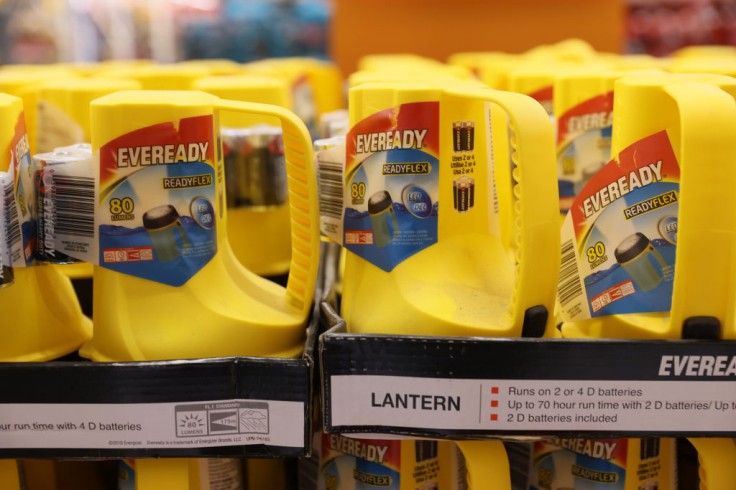
Does your family have an emergency plan in case of disasters or public health crises? As America observes National Preparedness Month this September, there's no better time to start making one and establish a solid emergency preparedness protocol at home.
Pres. Joe Biden issued a proclamation for National Preparedness Month that encourages every American to do their part in getting ready for emergencies. Aside from downloading the Federal Emergency Management Agency (FEMA) app, which sends real-time alerts during disaster situations, the President also suggested getting information and resources about emergency preparedness via Ready.gov or Listo.gov.
Here are other tips for families to always be ready regardless of the emergency:
1. Check for free training programs in your locality.
Contact the police and fire or emergency departments for any free programs that may be conducted this September to help households prevent common emergency mishaps like fire, theft, or carbon monoxide poisoning. There could also be free CPR courses offered within your area or community to teach parents and kids what to do if someone in the family has a heart attack.
Read Also: Affordable Connectivity Program Allows Families To Save $30 a Month on Home Internet Fees
2. Talk to your insurance agent.
Parents may have to contact their home insurance agent to correct some gaps in their coverage, knowing that disasters may strike at any time and when it's least expected. However, be diligent about shopping for the best rates if the insurance premiums become too steep or unreasonable, especially in the recent economic climate.
3. Prepare an emergency kit.
This kit or "go bag" must include provisions like first aid supplies and instructional book, a can opener, canned goods, at least one sealed drinking water for every family member, batteries, flashlight, blankets, and sleeping bags, a whistle, some books and puzzles, extra copies of the car and house keys, and a list of people to contact in case of emergency.
According to KXLY, some items can also be kept in the car, including a shovel, tow chains, jumper cables, and road flares. For families with members who have disabilities, additional provisions like an extra walker or cane might be helpful.
Be sure to tell every family member what's in these kits and their storage location so they will know where to reach for them when the unexpected strikes.
4. Fill out a plan form online.
FEMA's Ready.Gov has a plan form that informs agencies on how you could reconnect with family members in case you get separated from each other. The plan form may be emailed as a PDF, which you could also include in the emergency kit or send to other family members and emergency contacts so they will be aware.
5. Keep documents in a flood-safe place.
According to WWLP, documents like passports, birth certificates, and other important papers must be stored in resealable plastic bags, so it's "waterproof." Place these atop a shelf so the documents won't get wet in case of a flood.
Some documents could be stored on the digital cloud as PDFs or images. These will be backup copies if the original hard copy has been destroyed.
U.S. residents may also check with their state or county for other emergency protocols. For instance, Delaware has its own DelcoAlert notification system besides the FEMA alert. There are also communities with emergency provisions for family pets like cats and dogs.